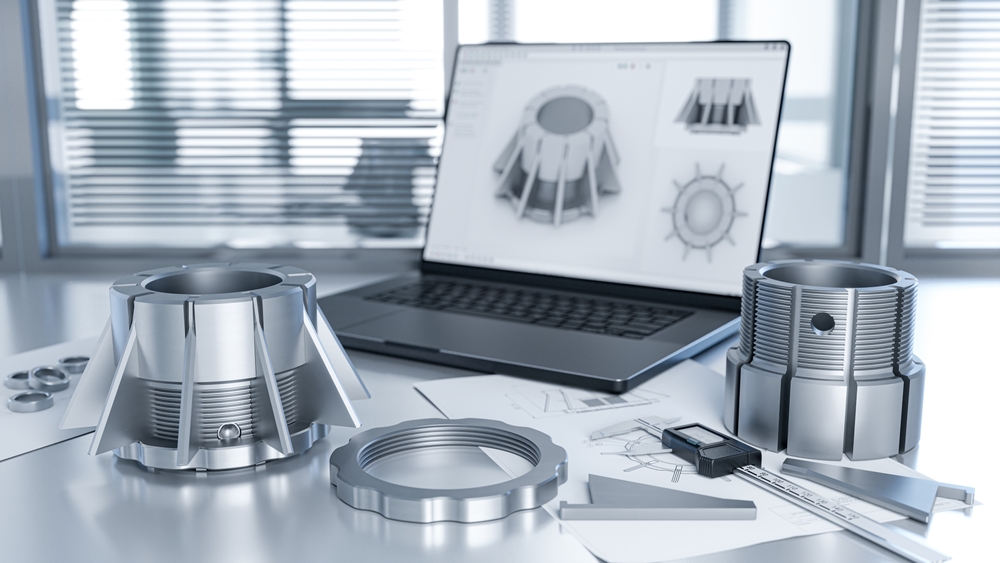HVAC testing: detecting leaks in HVAC systems
Heating, ventilation, and air conditioning (HVAC) systems are essential in residential and industrial spaces, ensuring comfort and air quality. As these systems become more integrated into everyday life, the significance of HVAC testing becomes paramount. Detecting leaks in these systems is crucial, not only for maintaining operational efficiency but also for environmental sustainability. Leaks can lead to harmful emissions, which can degrade both the ecosystem and system performance over time. Through HVAC system testing during production, professionals can pinpoint potential issues early, thus safeguarding against costly repairs and extending the lifespan of heating and cooling units. Such proactive measures ensure optimal functionality while promoting energy efficiency and environmental responsibility.
Understanding HVAC systems
When one delves into HVAC testing, one must grasp a few foundational elements of the systems involved. HVAC stands for Heating, Ventilation, and Air Conditioning—components that perform distinct functions yet work in harmony to ensure comfort and safety in an environment.
Heating elements are a key part of HVAC systems. They transform energy to warm indoor spaces, crucial during colder months. The procedure can vary depending on the type of heating system in use, from boilers and furnaces to heat pumps. Each type has its unique efficiency rate and environmental impact, making selection a critical decision for homeowners and businesses alike.
Ventilation units are another cornerstone. Their role is to exchange or replace air in any space, maintaining air quality and controlling humidity. This aspect of HVAC shouldn't be underestimated, as poor ventilation can lead to health issues and decreased system efficiency. Regular HVAC testing of these units ensures that they operate correctly, promoting safety and comfort.
Air conditioning systems, especially valued in the sweltering summer, remove heat and moisture from a given space. Their effectiveness impacts comfort and plays a significant role in energy consumption. Hence, detecting leaks or faults is vital to avoid unnecessary energy usage and maintain consistent room temperatures without fluctuations.
When considering the types of HVAC setups, understanding the different applications—residential, commercial, and industrial—is crucial. Residential systems are typically smaller and tailored for homes, ensuring basic comfort and efficiency. Commercial setups, however, cater to larger buildings like offices and shopping centres and often require more robust equipment capable of handling bigger spaces with complex environmental needs.
Industrial HVAC systems are in a league of their own, engineered to manage vast areas and sometimes extreme climatic conditions. The safety and reliability of these systems are paramount, making detection and maintenance more intricate and demanding. Each setting, whether a living room or a factory floor, calls for a specific approach to HVAC system design and testing, reflecting their unique requirements.
The importance of leak detection
Detecting leaks in HVAC systems is critical for multiple compelling reasons. From an environmental standpoint, these systems rely heavily on substances that can be particularly harmful if released into the atmosphere. Leaks contribute to ozone layer depletion and exacerbate global warming. Therefore, environmentally conscious HVAC testing is essential in minimizing these adverse impacts and enhancing overall energy efficiency. Reducing loss not only preserves ecological balance but also optimizes system performance by ensuring that the HVAC units consume less energy to maintain desirable temperatures.
The economic implications of HVAC leaks are significant. Leakage leads to inefficiencies, forcing systems to work harder and use more energy, which inevitably results in higher utility bills. Furthermore, unnoticed leaks can cause extensive damage, leading to costly repairs and replacements. Precise HVAC testing is an investment that can save substantial sums.
From the customer satisfaction perspective, the reliability and longevity of HVAC systems are paramount. Customers expect a consistent performance from their heating and cooling setups. A system free from leaks is more likely to operate smoothly without unexpected interruptions, providing peace of mind to users and fulfilling the reliability that customers expect. Such systems tend to have a longer operational life, offering value for money and reducing the frequency of replacements.
In the HVAC industry, undetected leaks in ventilation systems and heat pumps can severely affect manufacturers. Such leaks hinder compliance with environmental regulations and tarnish brand reputation, leading to costly warranty recalls and diminished consumer trust.
For instance, Daikin Comfort Technologies had to recall certain air conditioning and heat pump units because of fire risks, underscoring the critical importance of leak detection in maintaining product safety and brand integrity.
Manufacturers are increasingly turning to advanced leak detection solutions to mitigate these risks. MVS Technologies offers state-of-the-art helium leak detection systems that identify even the smallest leaks in HVAC equipment.
HVAC leak testing with MVS Technologies
MVS Technologies uses advanced helium testing solutions to serve a wide range of industries, including automotive, consumer goods, and HVAC systems. Our customizable systems can operate at pressures exceeding 380 bar, ensuring that products meet stringent quality and safety standards before reaching the market.
By implementing such rigorous testing protocols, manufacturers can prevent environmental harm, avoid the financial burden of mass recalls, and protect their brand reputation. Proactive leak detection ensures compliance with environmental standards and enhances customer satisfaction by delivering reliable and safe HVAC systems.
Incorporating MVS Technologies' advanced testing solutions into the manufacturing process enables companies to detect potential issues early, safeguarding against costly repairs and extending the lifespan of heating and cooling units — this commitment to quality and environmental responsibility positions manufacturers as industry leaders dedicated to excellence and sustainability.

